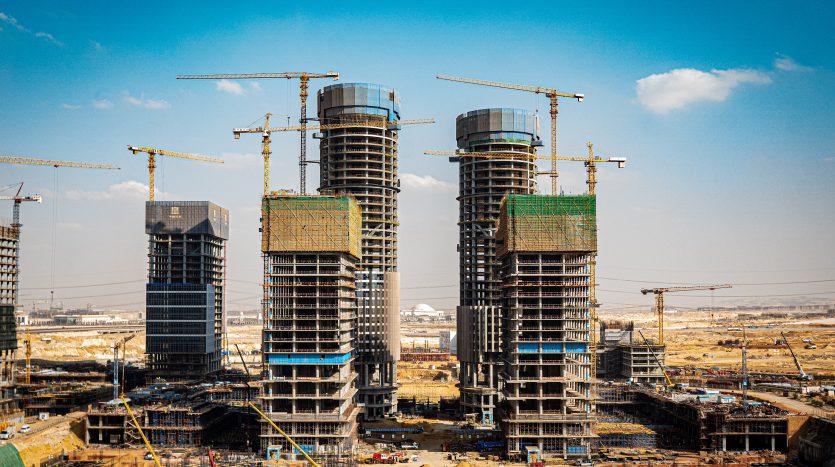Is Real Estate Still a Reliable, Inflation-Proof Investment in Kenya Heading Into 2024?
Introduction
In 2023, it’s been off to the races as everyone pondered: What will climb higher, faster—mortgage rates or home prices? Typically, the two work inversely and help offset one another, but in an unprecedented circumstance, both mortgage rates hit record highs as housing prices continued to swell.
As we approach the end of 2023, investors are keenly observing the Kenyan real estate market, seeking to understand whether it remains a reliable, inflation-proof investment heading into 2024. This blog post will delve into the current trends in the Kenyan real estate market and the country’s inflation rate to provide an informed perspective on this matter.
That way you’ll be able to make an informed decision on whether to invest in real estate in the coming year.
Kenyan Real Estate Market Trends
Kenya’s real estate market has steadily grown in recent years, with investors taking advantage of the country’s strong economic performance and growing middle class. Here are some key trends shaping the Kenyan real estate market:
- Continued Growth of the Middle-Class Population: Kenya’s middle class has been growing steadily, leading to increased demand for quality housing and commercial properties.
- Increased Investment in Infrastructure: The Kenyan government has been investing heavily in infrastructure development, driving demand for real estate in areas with improved connectivity.
- Rise of Co-working and Flexible Office Spaces: With the growth of startups and entrepreneurship in Kenya, there is likely to be an increased demand for co-working spaces and flexible office solutions.
- Increased Use of Technology in Real Estate: Technology is increasingly being used in the Kenyan real estate market, with online real estate platforms and digital solutions for property management, valuation, and sales gaining traction⁵.
- Focus on Sustainability: As climate change and environmental concerns gain prominence, investors may want to consider sustainable building practices and renewable energy solutions in their real estate projects.
- Demand for Affordable Housing: There is a growing demand for affordable housing in Kenya, which presents an opportunity for investors who can provide low-cost housing solutions.
- Increased Interest in Commercial Real Estate: With the growth of the Kenyan economy, there is likely to be increased demand for commercial real estate, including office, retail, and industrial spaces.
Inflation in Kenya
The annual inflation rate in Kenya unexpectedly rose to 6.9% in October 2023, the second consecutive increase, from 6.8% in the prior month but still within the central bank’s preferred range of 2.5% to 7.5%². Analysts had expected inflation at 6.55%².
Is Real Estate a Reliable, Inflation-Proof Investment?
Given the current trends in the Kenyan real estate market and the country’s inflation rate, real estate remains a reliable investment heading into 2024. The steady growth of the middle class, increased investment in infrastructure, and the rise of co-working spaces are likely to continue driving demand for real estate. Moreover, the increased use of technology in real estate, focus on sustainability, demand for affordable housing, and increased interest in commercial real estate present numerous opportunities for investors.
However, it’s important to note that while real estate is often considered an inflation-proof investment, it’s not entirely immune to the effects of inflation. Rising inflation can increase the cost of materials and labour, which can impact the profitability of real estate projects. Therefore, investors should carefully consider these factors and conduct thorough market research before making investment decisions.
Conclusion
In conclusion, while there are promising trends in the Kenyan real estate market, investors should approach their investment decisions with a comprehensive understanding of the market dynamics and the potential impacts of inflation. As always, diversification remains a key strategy in managing investment risks, and real estate should be part of a well-diversified investment portfolio.
Remember, every investment decision should be based on careful consideration of potential risks and returns, and seeking professional advice when necessary is always advisable. Here’s to a prosperous 2024!



